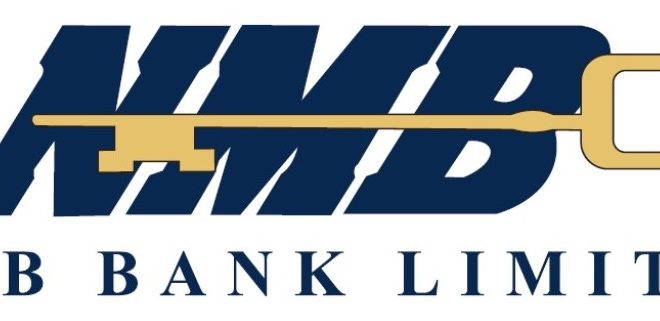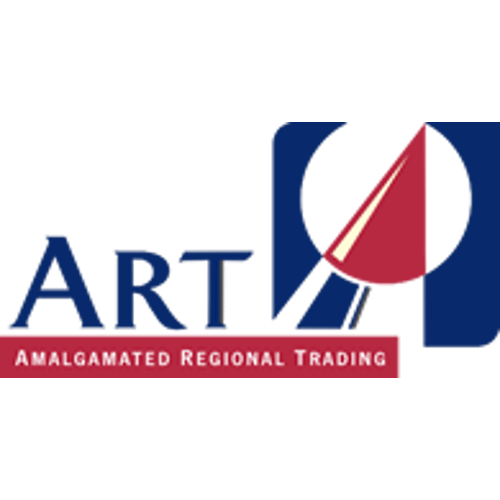ART acquires new tissue line for Softex
ART Corporation (ART) says it has secured a new tissue converting line for its subsidiary, Softex Tissue Products Limited, which is expected to be operational within the third quarter of the company’s financial year.
Last year ART completed the acquisition of a 50 percent stake in Softex, which was held by Nampak Zimbabwe to make it a 100 percent owned subsidiary.
The transaction involved the acquisition of 1 448 500 shares in Softex for a consideration of US$800 000.
Mr Milton Macheka, the group’s chief executive, said the projects at Softex will strengthen the group’s cost competitiveness and deliver sustainable benefits to the paper industry.
“The installation of the tissue machine in Kadoma is progressing well and expected to be complete by year end.
“The Group managed to secure a new tissue converting line during the quarter which is expected to be operational within the third quarter,” Mr Macheka said in an update for the quarter ended December 31 2021.
According to Mr Macheka, ART has enjoyed a considerable turnaround in fortunes over the past five years and has entered its second growth phase underpinned by a consolidation of immediate past gains and the capitalisation of the paper business in particular.
He said the retooling of the manufacturing units will enable the group to capture opportunities in the region and sustain performance.
Mr Macheka noted that the group has remained resilient despite the difficult and challenging trading environment hence will maintain tight working capital management and cost control initiatives.
“The Group is wary of the risks that its export drive faces if the exchange rate distortions remain unabated,” he said.
During the quarter under review, Mr Macheka said the trading environment improved as Covid-19 restrictions were eased and business activity increased across the region before the onset of the fourth wave in December 2021.
However, he said the depreciation of the Zimbabwe dollar by 25 percent against the US dollar during the period had an adverse impact on inflation and margins given the price in-elasticity in most market segments.
“The increased use of foreign currency in the local market enabled industry to generate foreign currency to supplement offshore receipts. In Zambia, consumer demand improved and market confidence remained positive,” said Mr Macheka.
In terms of the overall group performance, volumes for the quarter increased by 9 percent compared to the same period last year driven by exports in the region across the divisions.
Export volumes grew by 78 percent representing a 73 percent increase in foreign currency receipts. Group revenue for the quarter increased by 87 percent in historical terms and 18 percent inflation adjusted.
“The continued mismatch in exchange rates depressed the Group’s performance as 40 percent of the growing export revenue is retained at the prevailing auction market exchange rate,” he said.
Divisionally, batteries volume increased by 10 percent on the back of a 73 percent volume increase in exports as the expanded Exide footprint in Zambia and Malawi was supported by the consistent supply of a wider range of batteries.
“Industrial and solar products availability improved following the capacity upgrade in the new standalone factory unit,” said Macheka.
The paper division’s volumes decreased by 18 percent with bulk tissue export volumes recovering by 91 percent.
Mr Macheka said local demand showed signs of recovery at the end of the quarter as the impact of the foreign currency backlog affected imports.
“The order book for both tissue and kraft was strong at the end of the quarter.
“The improved economic activity is expected to result in the increased availability of local waste paper,” he said.
At Eversharp volumes for the quarter continued to recover, registering a 35 percent increase compared to prior year.
Mr Macheka said preparations for the back to school period were encouraging, as thegroup had a strong order book at the end of the period. The division is anticipated to perform well as it has been able to secure adequate inputs to meet demand.
During the period under review, Timber volumes increased by 31 percent on the back of improved milling efficiencies and strong demand.
Mr Macheka said the investment in the seedlings project has created a platform for the
division to enhance its output through partnerships.
He said the group has largely been able to minimise the effects of the pandemic on its
business and constraints encountered in importing raw materials have been mitigated by
increased stockholding levels.-The Herald










